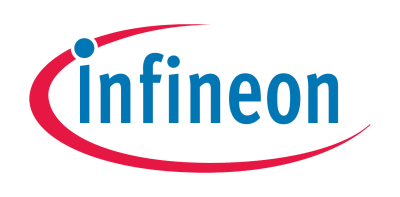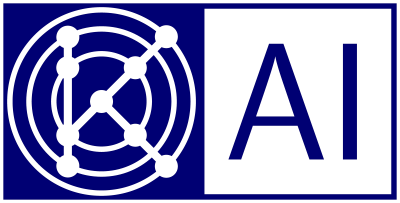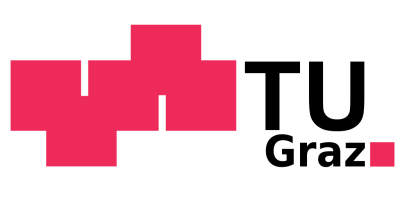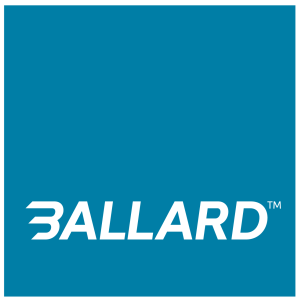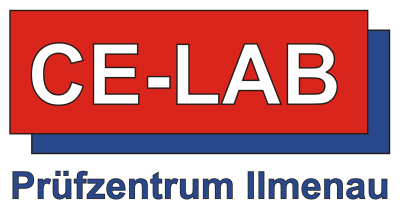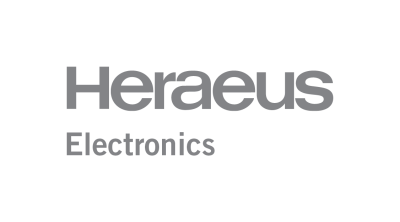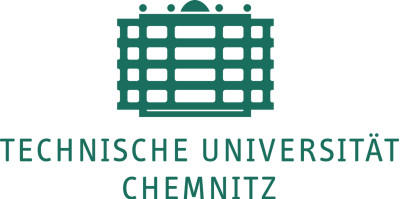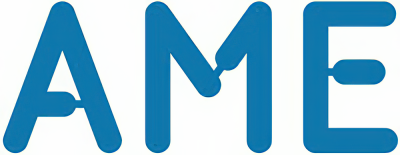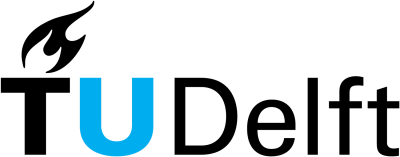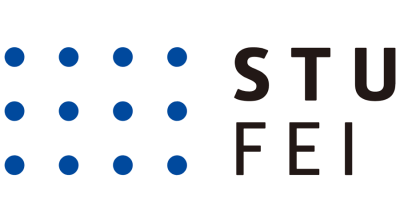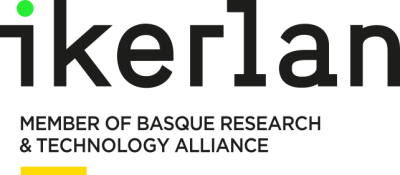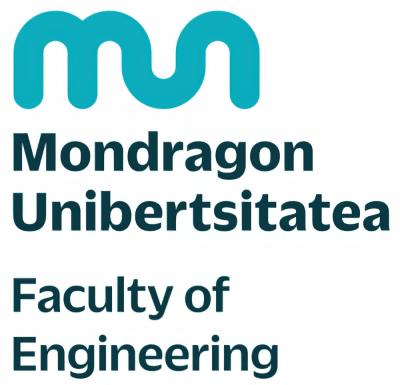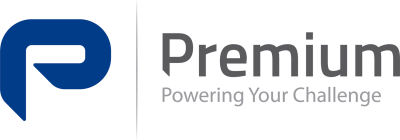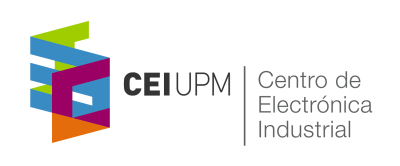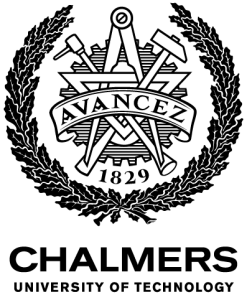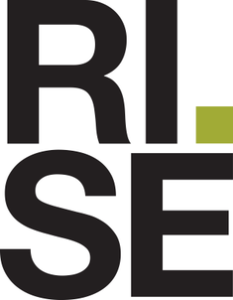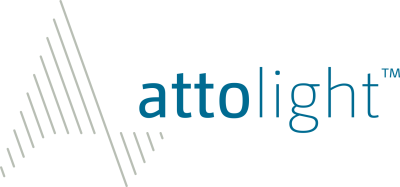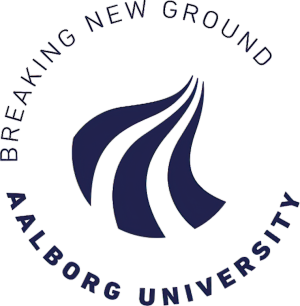
Aalborg University (AAU) is a Danish public university with campuses in Aalborg, Esbjerg, and Copenhagen founded in 1974. The university awards bachelor's degrees, master's degrees, and Ph.D. degrees in a wide variety of subjects within humanities, social sciences, information technology, design, engineering, exact sciences, and medicine. AAU is the fourth biggest in terms of number of students (about 18,300 in 2022) out of the 32 Danish universities.
Company profile
AAU is a young university with only 40 years of history. Since its establishment, AAU has been characterised by a problem-based and project-oriented teaching method (PBL) – also called the Aalborg Model, and by extensive collaboration with the surrounding society. Even though AAU is a young university, it is already ranking amongst the best and most acknowledged international universities in the world. AAU has four faculties, 19,650 students, 3,660 full-time employees. AAU annually enters +500 cooperation agreements with public and private actors. Approximately 15 % of the research at AAU is green research.
In one of the latest rankings from 2021, Aalborg University (AAU) was ranked as the eight best university in the world and as the best in Europe within engineering. In a Massachusetts Institute of Technology study which analyzed the global state of art in the engineering education, Aalborg University was named as the leading university in Europe in engineering education by 50 thought leaders from all over the world. In 2021, Times Higher Education Impact Rankings ranked Aalborg University number 6 in the world, out of 1,117 universities from 94 countries/regions, against the United Nations' Sustainable Development Goals. That is the number 1 university in the European Union (EU). In 2022, Times Higher Education Impact Rankings ranked Aalborg University (AAU) as the best university in the world in Sustainable Development Goal 4 (Quality Education) for the third year in a row.
The AAU Energy department’s research is in Power Electronics, Bioenergy, Energy harvesting, Microgrids, and Reliability. In 2021, AAU Energy published 744 articles, had 141 Ph.D. students, 316 employees, and a 28.7 MM Euro turnover (48 % of which from external funding).
Even though AAU is a young university, it is already ranking amongst the best and most acknowledged international universities in the world.
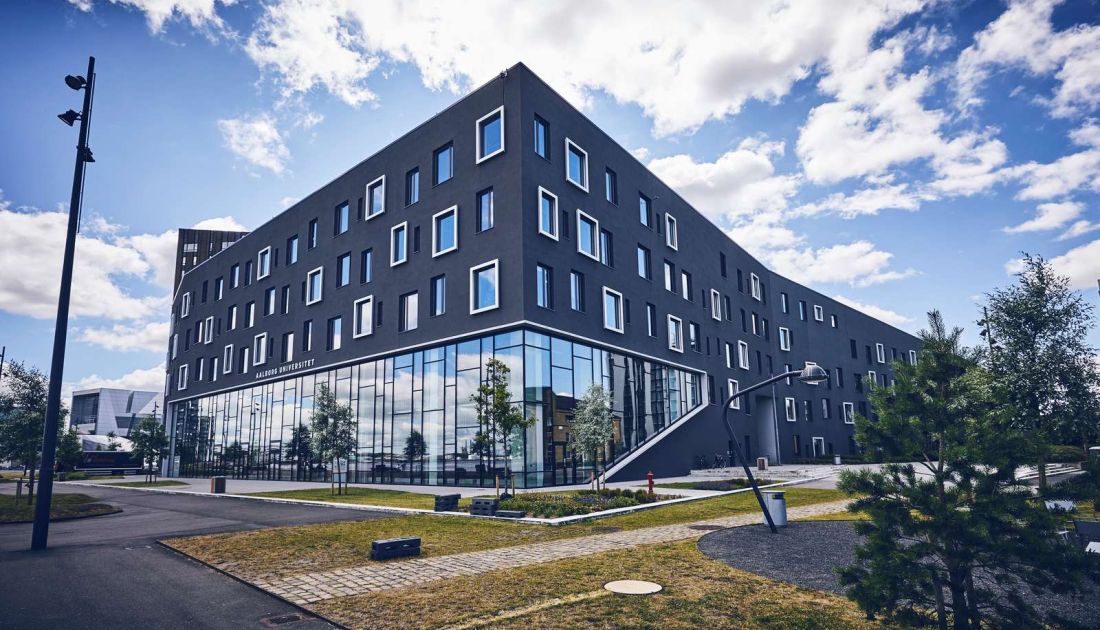
Role in the project
AAU will be part of WP5 and WP6. In addition, AAU will be part of the project management and be communication leader.
Key contribution
Aalborg university contributes both on the technical side (has objectives both in WP5 and WP6) and on the management side (is part of the impact and communication working group). Regarding the technical part, AAU brings their experience in terms of reliability testing and prediction of power semiconductor components. AAU has state-of-the-art facilities to test for reliability against temperature swing, humidity, and vibration. On the management part, AAU has a strong commitment toward communication of relevant results to the scientific community. On top of that, AAU offers facilities for professional video recording to be used to convey news to the broad audience.
AAU will perform reliability testing for the newly developed GaN transistors. Reliability testing are essential to work out what the expected life is, which is crucial to design new application based on this new technology. Reliability estimation, both in terms of expected life and degradation curve, is essential for the development of new products, as a big uncertainty may jeopardize the adoption of this technology in in a power electronics product. Another task of AAU is to work out a realistic roadmap in terms of GaN market adoption in the near future.
Education: AAU will exploit along the way the gained know-how and results of the project also in terms of education and courses both at the master’s level and Ph.D. level. A specific Ph.D. course from CORPE – the center of reliable power electronics on “GaN integrated technologies and their reliability” is also forecast to be initiated, where AAU will contribute on the reliability part and scholars from other partners could be invited as invited contributors. A target of 20-25 attendees per year looks reasonable to be achieved. Standardization: Aalborg University is actively involved in IEA-4e (www.iea-4e.org) Power Electronic Conversion Technology Annex (PECTA). In fact a Albert university is responsible for road map for Wide-bandgap semiconductors, such as GaN, and their application in the near future.
Aalborg University
Fredrik Bajers Vej 7K
9220 Aalborg East
Denmark
www.aau.dk


